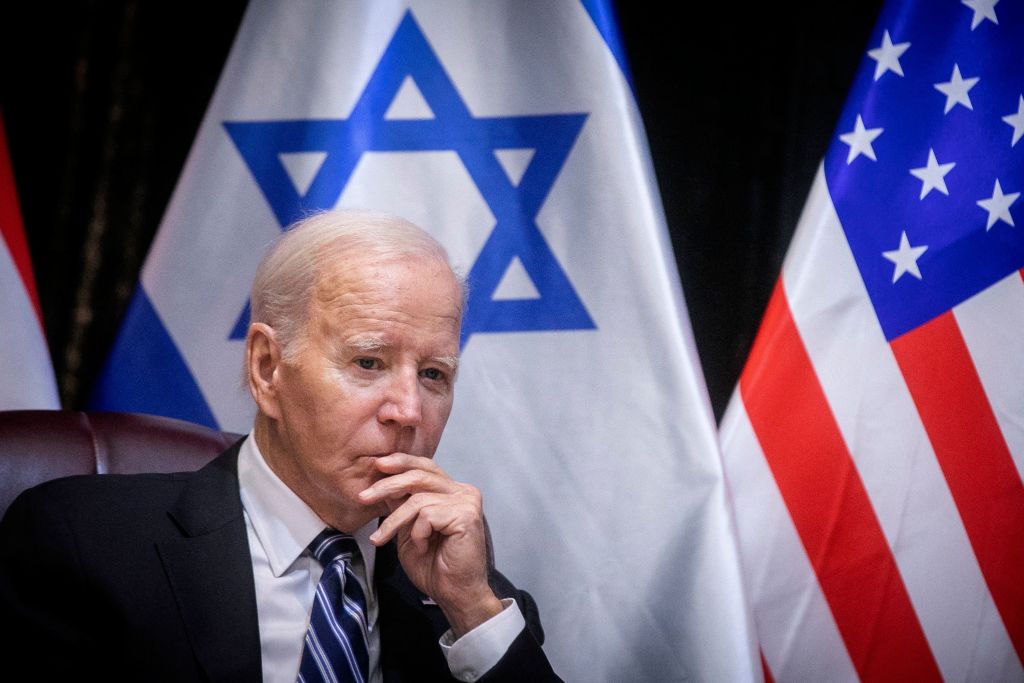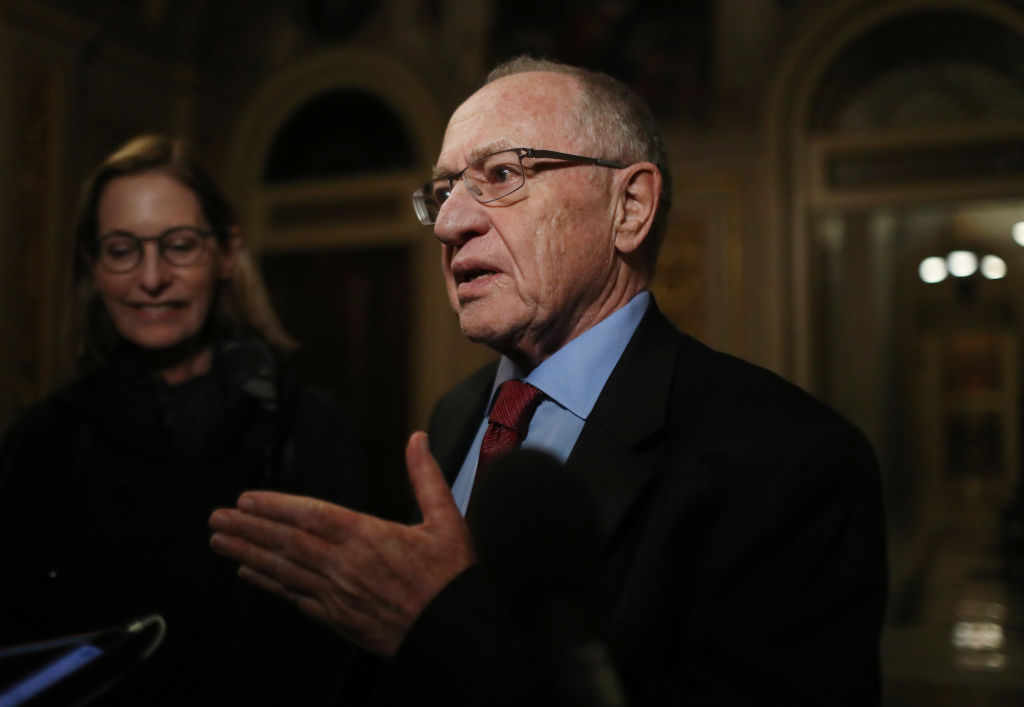Israel will win its war against Hamas. But can it win the kind of war the United States lost in Afghanistan?
Israel is facing today a dilemma that the West will face tomorrow. For more than sixty years, it has been easy for Western liberals to believe that imperialism is an unnecessary evil. When the US conquers and militarily occupies a foreign country, liberals don’t call it imperialism. It’s merely “regime change,” “nation-building” and “promoting democracy.”
Such Newspeak has been powerless to alter the outcome of America’s wars in Iraq and Afghanistan, wars which after successful regime decapitations followed by decades of occupation and trillions of dollars spent on rebuilding failed to establish anything resembling secure liberal democracies in either land.
The problem was not that Saddam Hussein or the Taliban’s Mullah Omar was invincible. Nor was it that Iraqis and Afghans might not ultimately want freedom. But foreign control was no path to a liberal native order, even when the foreign power in control was the richest, strongest and most widely admired democracy on the planet.
;768:[300×250,336×280,320×100];0:[300×250,320×100,320×50]”]Overwhelming military superiority, limitless spending and even America’s unique moral legitimacy — if we may be so bold — could not make democratic imperialism work, for the basic reason that imperialism is not democratic. The administrations of George W. Bush and Barack Obama put every erg of power that the most powerful nation on earth could spare into making a logical contradiction a reality. And logic beat them.
Yet most of the nation’s policy elite learned nothing from the failure of Bush and Obama to make water not wet because they suffered few consequences from the outcome. In terms of how our policymakers live — the company they keep, the deals they broker, the lectures they give, the op-eds they write, the media environment they inhabit — giving up the dream of good-guy imperialism would be far more costly than ignoring the awful results of the experiment in Iraq and Afghanistan.
Israel does not have the luxury of ignoring the results of what happens in Gaza. Once Hamas is destroyed, the question will be how to prevent anything like it from arising again. Western-style liberalism prescribes either autonomy for the Palestinians or their democratic incorporation into Israel itself. Neither of those options is imaginable either now or in the foreseeable future.
Israel can instead try to rule Gaza directly and undemocratically, at an enormous cost to Israelis and Palestinians alike. The price would be diplomatic as well as military, economic and moral: Arab leaders might want to jettison the Palestinian cause for the sake of more profitable relations with Israel, but the Arab public could make that impossible, while in the West sympathy for the Palestinians has grown as cultural and demographic shifts makes the United States and Europe less Christian and more ethnically diverse.
Leftists in the West see Israel as a “settler colonial state,” a label they apply to the US as well. With the advantage of a continental-scale territory, the US solved its Indian problem by forcibly relocating tribes. Israel has nowhere to send the Palestinians — pushing them into neighboring Arab states would also require forcing the neighbors to accept them.
;768:[300×250,336×280,320×100];0:[300×250,320×100,320×50]”]Already Israel’s survival depends on rejecting the progressive principles of Western liberalism. In the United States and Europe, progressive liberals call for open borders and equality among cultures and religions. Israel, by contrast, can only continue as a Jewish state by limiting non-Jewish immigration and asserting the primacy of its official religion. While liberalism is a universalistic creed, Israel can only remain liberal at all by defying the ideology’s universalistic foundations.
Although economists like to imagine a world made rich and peaceful purely through trade, the West’s rise to pre-eminence over the last 500 years involved a great deal of outright conquest, colonization and expropriation, from the looting of India and European settling of the Americas to the carving up of Africa and the dying Ottoman empire. Only after establishing supremacy over everyone else did Westerners — particularly English-speaking ones — begin to take it for granted that anti-imperialist liberalism was morally mandatory.
And whether or not America made the world safe for democracy, the result of two world wars (and the Cold War) was to make America safe enough to indulge in liberalism, including its commitment to open-ended immigration and wide-ranging cultural relativism. America was rich enough and secure enough, even confident enough, to wallow in guilt, too. Where was the harm in letting “anti-colonialism” run rampant in education, entertainment and journalism? It’s not as if the Indians were about to scalp anyone.
Westerners are a minority in the world just as Israelis are a minority in their region. The conceit of liberalism has been that the rest of the world — after centuries of chafing at European and American dominance — would spontaneously adopt the West’s values and way of life once the West proclaimed the gospel of liberalism and democracy. For a time, such was the prestige of Western power that newborn states such as Turkey, India, Israel, Pakistan and post-Soviet Russia did indeed try to conform to Western models.
Today, however, they have turned back toward their own pre-liberal roots. Will the West do the same, or will it ultimately “decolonize” itself — becoming instead what Senator Eugene McCarthy called “a colony of the world”?
Given the world’s generally illiberal character, Western liberals had better think twice about their answer. We ultimately face the challenge of justifying our institutions’ control over a people that feels no ties of nationality or religion to its rulers.
;768:[300×250,336×280,320×100];0:[300×250,320×100,320×50]”]This article was originally published in The Spectator’s December 2023 World edition.


























Leave a Reply